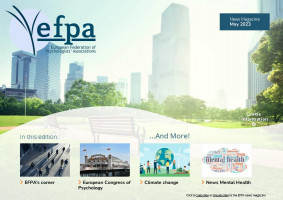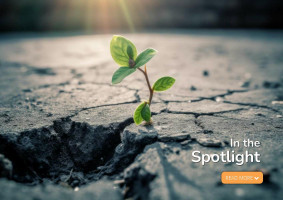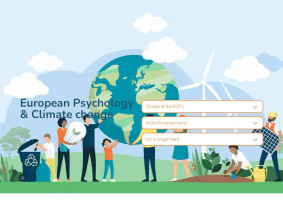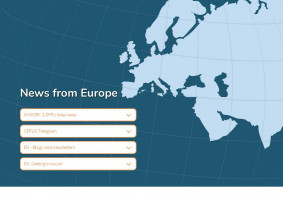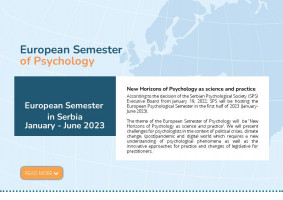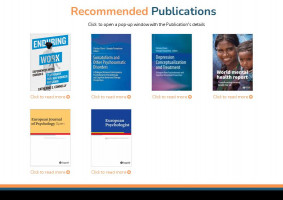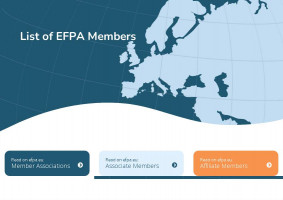ECP2023
Two pre-Congress workshops on climate change will be presented at the European Congress of Psychology on Monday July 3, in Brighton UK.
More information
'11 Topics’ on how the climate crisis is related to human wellbeing and behaviour will be facilitated by Bjørn Z. Ekelund – Norway, Weronika Kalwak – Poland, and Sara Wortelboer - Netherlands who are members of EFPA’s expert reference group on psychology and climate change. The workshop will explore the contribution of psychology to tackling climate change by considering ‘11 Topics’ on how climate is related to human wellbeing and behaviour. The ‘11 Topics’ will be contextualised and presented within a social ecological model considering the different levels of individual, relationships, organisations, communities, and public policy.
Community Psychology perspectives on climate change is being convened by Nicholas Carr, Norway. The workshop will make clear that climate goals can only be achieved if communities are strengthened, to raise awareness and foster engagement in ways to address climate change at personal, group and civic levels. The workshop will describe how Participative Research (PAR) can build social justice and community in the struggle against climate change, addressing questions like; How does social injustice caused by climate change affect the possibility to participate? What are the links between conflict, migration and climate change?
Back to top
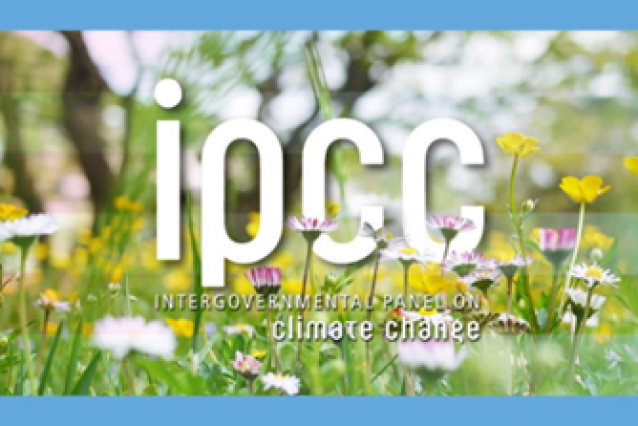
The April European Commission newsletter EU Climate Action featured the work of the IPCC. It provided the EU perspective on the fact that the United Nations’ Intergovernmental Panel on Climate Change has published its Synthesis Report, the final part of its sixth assessment cycle, which confirms the link between human activity and the climate crisis. This followed agreement and approval at the Fifty-eighth Session of IPCC, which was held from 13 to 17 March, 2023, in Interlaken, Switzerland.
The synthesis report gives an overview of the state of knowledge on climate change, highlighting new developments since the previous synthesis report in 2014. The European Commission welcomes the report and reaffirms its commitment to ambitious climate action.
A ‘Summary for policymakers’ accompanies the report, which is a key document to be used around the world. Of particular note to psychology in the report is the explicit links made between climate change and mental health, and also the importance of behaviour change. Psychologists including Susan Clayton of APA were involved in writing the report, co-authoring the chapter on “Health, Wellbeing, and the Changing Structure of Communities.”
Psychology was represented at the IPCC Session by one of the UN Geneva representatives from the APA, EFPA and FSP collaboration, Tobias BROSCH, who directs the Consumer Decision and Sustainable Behavior Lab at the University of Geneva. He is an expert on how emotions, values, and heuristics influence our choices and can be used to promote sustainable decisions and behaviors.
The EU article, which can be read here, summarises the main points in the report, explains what the IPCC is and how it works, and also gives an overview of the EU’s actions on climate change including how it contributes to the work of the IPCC. The EU notes it is among the top funders of the science underpinning the IPCC reports, commenting that the 7th Framework Programme and Horizon 2020 have contributed to over 4,500 publications cited in the IPCC reports of the Sixth Assessment Cycle, coming from over 1,200 projects.
Back to top
EU Climate Action has published a piece on “Humans, Science, and Policy Making: Behind the Scenes of IPCC reports” which sets out how the The Intergovernmental Panel on Climate Change (IPCC) uses science not only to describe the problems but to offer solutions, and how, as they conclude ‘each small step matters, and each actor, from governments to industry to individual citizens, has a role to play.’
Back to top
(1)_w1700_h406_1.png)
